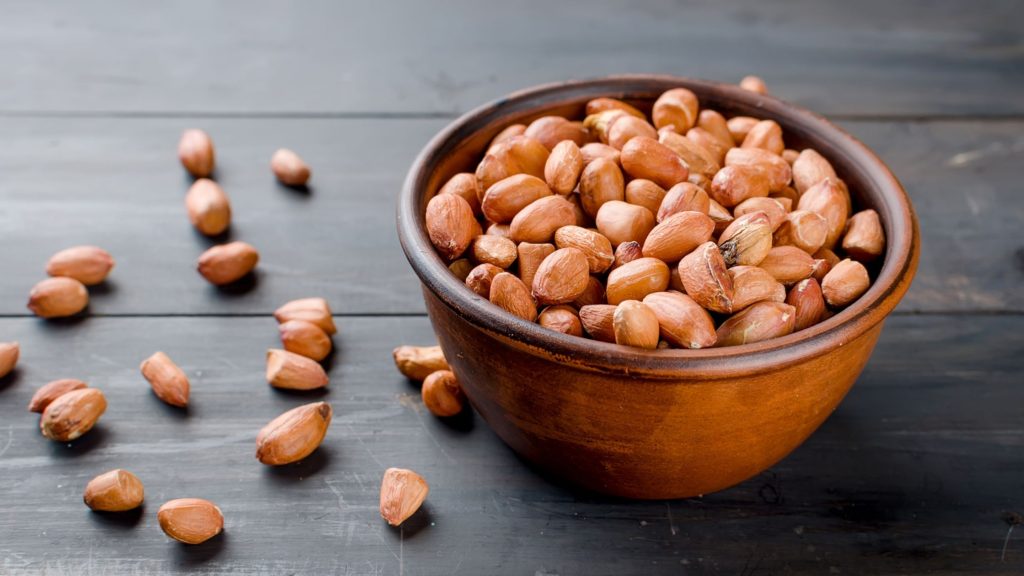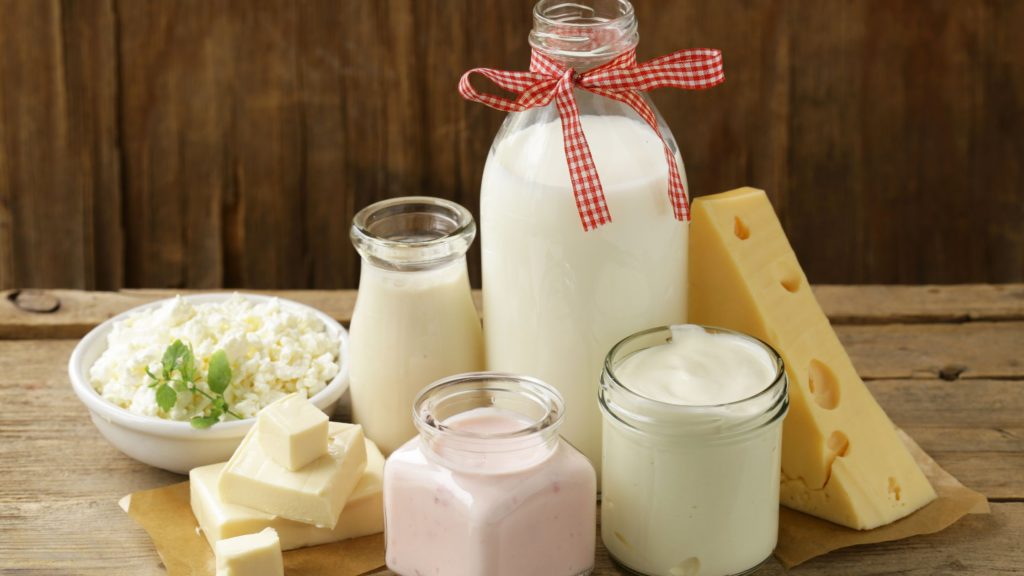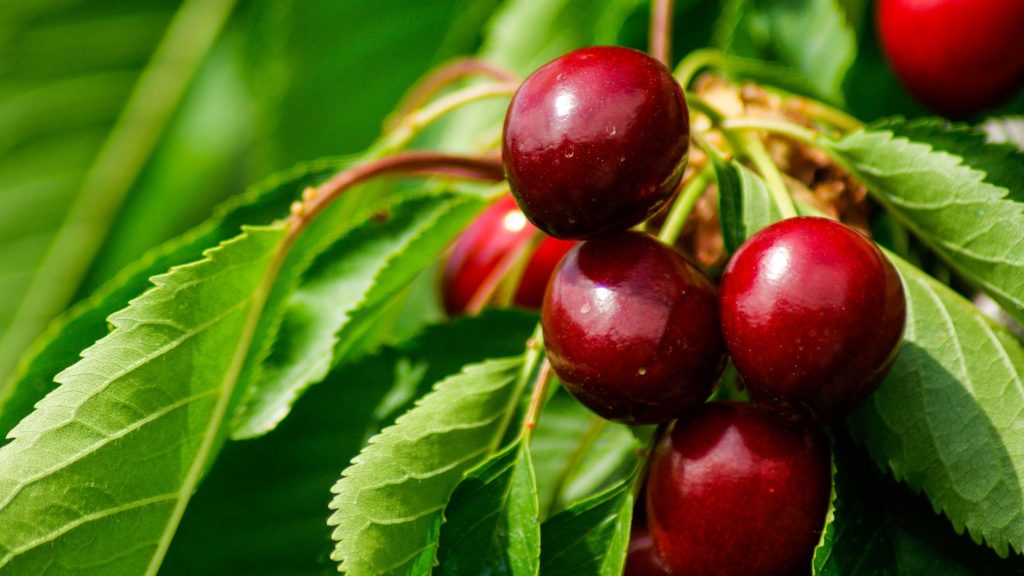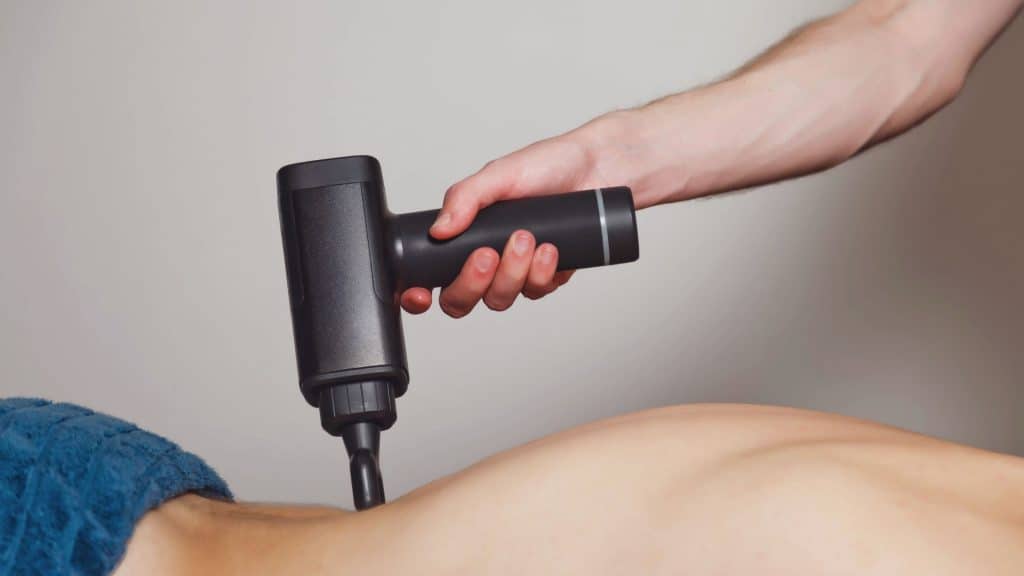Last updated on July 1st, 2025 at 11:01 am
Key Takeaways
- ✅ Avoid: Purine-rich meats, sugary drinks, excess alcohol.
- ✅ Eat More: Dairy, cherries, vitamin C foods.
- 💧 Hydration is key—water flushes uric acid.
Worried about high uric acid levels? Left unchecked, excess uric acid can lead to painful gout attacks and kidney problems. But the good news? You can lower uric acid naturally with the right foods and lifestyle changes.
An increase in serum uric acid level can lead to a painful joint arthritis condition known as gout and chronic kidney disease, a serious public health problem 3.
Too much uric acid in the body is termed hyperuricemia. This excess uric acid builds up in the bloodstream and forms crystals that cause inflammation and damage to the joints.
There are medications to control the level of uric acid; however, we can also reduce the level naturally without medication.
In this article, we learn what kind of food can help reduce excess uric acid levels and what food we should avoid. We will also learn about a few lifestyle improvements to control hyperuricemia.
- 6 Best Foods to Lower Uric Acid (and What to Avoid)
- Other lifestyle modifications
- Uric Acid FAQs: Your Top Questions Answered
6 Best Foods to Lower Uric Acid (and What to Avoid)
There are several reasons why hyperuricemia develops. One reason is an inherited disorder called gout. Another reason is a diet high in purine foods such as meat, seafood, organ meats, and alcohol.
A third reason is taking certain medications. Hyperuricemia is usually caused by an excess of purine (a type of nitrogenous compound) in the diet. It can also occur when there is a problem with the liver or kidneys. This causes gout, which is an inflammation of the joints.
Gout is a painful form of arthritis that occurs when uric acid crystals build up in the joints. Symptoms of gout include joint pain, swelling, redness, tenderness, and stiffness. You might also feel tired, weak, and have trouble sleeping.
In addition, you might develop kidney stones. People who develop gout often feel pain in the big toe joint, especially at night. They may also notice redness, swelling, warmth, tenderness, and stiffness in the affected area.
There are several ways to prevent gout attacks. One of them is to avoid foods high in purines. Let us now jump to the food that can help in hyperuricemia.
1. Purine-Rich Foods to Avoid for Gout

A person diagnosed with hyperuricemia should avoid consuming purine-rich foods. Actually, uric acid is the end product of the metabolism of purine in our body, so consuming purine-rich food will increase the Uric acid concentration in our blood plasma. So what are these purine-rich foods?
The purine-rich foods that you should avoid are meat and seafood. You should also avoid excessive consumption of purine-rich vegetables like peas, beans, lentils, asparagus, and mushrooms.
However, researchers found that the moderate intake of purine-rich vegetables doesn’t cause an increase in uric acid levels, so you can consume purine-rich vegetables at a moderate level.
2. Sugar and Sweetened Drinks Worsen Uric Acid Levels
Fructose is an important sugar that provides fuel to our body; whatever activity we perform is fuelled by the burning of fructose. Fructose found in fruits and vegetables is safe.
But in our present Lifestyle, there is an excessive intake of fructose through sugar in our beverages like coffee, tea, and drinks.
Research has confirmed that the consumption of sugar-sweetened beverages and drinks increases serum uric acid levels, so one should avoid excessive sweet drinks and sugar consumption.
3. Dairy Lowers Uric Acid: Science-Backed Benefits

Milk and dairy products have been found to be very effective in reducing the Uric acid level. Those who consume dairy products regularly, like yoghurt, curd, milk, and cheese, have reduced chances of developing hyperuricemia.
Actually, milk contains an important element, ie, orotic acid, which promotes uric acid excretion through urine that could contribute to the urate-lowering effects of dairy products 7.
In an interesting study (6), 158 Roman Catholic nuns were randomly grouped into two groups. One group was instructed to consume approximately 30 grams of dairy protein daily, and the second group were instructed not to eat any dairy product at all for a period of four weeks.
Results were encouraging, plasma uric acid levels remained unchanged in the group with the dietary product consumption intervention, but were found to increase in all the nuns who were restricted from a dairy diet.
The study results suggest that proteins of dairy origin may play a role in stabilising or lowering plasma uric acid 1.
4. Vitamin C Foods and Supplements to Flush Uric Acid
Vegetables and fruits rich in vitamin C are linked with a decrease in body urate levels. Vitamin C likely modulates serum uric acid concentration via its uricosuric effect, ie, it may competitively inhibit uric acid reabsorption 8.
Food that is high in vitamin C includes oranges, lemons, papaya, broccoli, carrots, etc. Deficiency of vit C can result in problems such as scurvy.
Even vitamin C supplements are found to be beneficial in hyperuricemia.
5. Cherries for Gout: How They Reduce Uric Acid

The cherry is a small fruit rich in nutrition and has proven effective in lowering urate levels. Studies have revealed it has anti-inflammatory properties that can suppress gout-related inflammation.
Evidence also supports an association between cherry intake and a reduced risk of gout attacks 9.
Although fresh cherries are the best, nowadays cherry concentrate is available in the market, which is found to be an effective uric acid supplement to prevent gouty attacks.
Table of uric acid levels in common vegetables and food
The amount of total purines was classified into five groups, the very low group: <50 mg/100 g, the low group: 50–100 mg/100 g, the moderate group: 100–200 mg/100 g, the high group: 200–300 mg/100 g, and the very high group: >300 mg/100 g.
| Cereals | ||
| Rice (polished) | 30.3 mg/100 g | |
| Rice (unpolished) | 43.7 | |
| Beans | ||
| Almond | 37.0 | |
| Green-peas (canned) | 21.9 | |
| Peanut | 57.1 | |
| Green soybean | 56.1 | |
| Soymilk | 25.8 | |
| Soybean (dried) | 201.7 | |
| Dairy product | ||
| Chicken egg | 0.0 | |
| Cheese | 6.7 | |
| Milk | 0.0 | |
| Yogurt | 6.2 | |
| Vegetables | ||
| Broccoli | 81.8 | |
| Cabbage | 3.8 | |
| Carrot | 2.5 | |
| Cauliflower | 67.2 | |
| Cucumber | 11.1 | |
| Spinach | 202.1 |
Table source: Total Purine and Purine Base Content of Common Foodstuffs for Facilitating Nutritional Therapy for Gout and Hyperuricemia
6. Alcohol and Uric Acid: Why Moderation Matters
Excessive alcohol consumption is assumed to be the main contributing factor to the development of hyperuricemia. As such, a moderate level of alcohol consumption is not associated with hyperuricemia 4, but excessive intake increases the risk of renal dysfunction, which in turn can lead to an increase in serum uric acid 3.
Another study reveals that drinkers with high BMI (obesity) have increased chances of developing hyperuricemia 5. In conclusion, one should strictly avoid excessive drinking of beer and other alcoholic drinks.
Other lifestyle modifications
How Weight Loss Lowers Uric Acid (Tips to Start)
Research has found that with an increase in body weight or BMI, there is an increase in plasma uric acid level. So it is important to reduce body weight through dietary management and exercise.
You can find out your BMI easily using this online BMI calculator. Gradual reduction of body weight through exercises and diet control should be the preferred method of weight reduction, as drastic weight reduction has been found to increase uric acid levels by triggering Uric acid reabsorption.
Gradual exercises like aerobics, morning walk, swimming, and cycling, all these types of exercises help in burning calories in our body. You can use this online calorie burn calculator as a guide to how many calories you could burn by walking.
Exercise combined with cutting the dietary intake of calories can reduce the Uric acid level in our blood. But strenuous exercise like going to the gym and performing heavy lifting exercises increases the serum uric acid level.
Water Intake and Uric Acid: How Hydration Helps
There’s research that establishes the correlation between increased serum Uric level and dehydration. Dehydration can be due to excessive sweating when we are exercising or a reduced intake of water.
Exercise-induced dehydration can occur when there is excessive sweating and less intake of water, which can cause an increase in serum uric acid level.
So it is recommended to drink plenty of water after exercising. Dehydration actually reduces the urinary excretion of uric acid, thereby increasing the Uric acid concentration in our blood plasma.
The person suffering from gout has an increased risk of gout attacks when the body is dehydrated, so the gout patient is recommended to drink plenty of water to reduce the Uric acid concentration and increase the Uric acid excretion through urine.
Try these tips for 2 weeks and check your uric acid levels. Share your results in the comments!
Uric Acid FAQs: Your Top Questions Answered
The author is a physiotherapist who has been practising for the last 17 years. He holds a Bachelor's in Physiotherapy (BPT) from SVNIRTAR (Swami Vivekananda National Institute of Rehabilitation and Research), one of the prestigious physiotherapy schools in India.
Whatever he learns dealing with his patient, he shares it with the world through blogs and e-books. He also owns a YouTube channel, "Sunit Physiotherapist" with over 8 lakh active subscribers. Here, he shares everything he gets to learn serving the patient.





